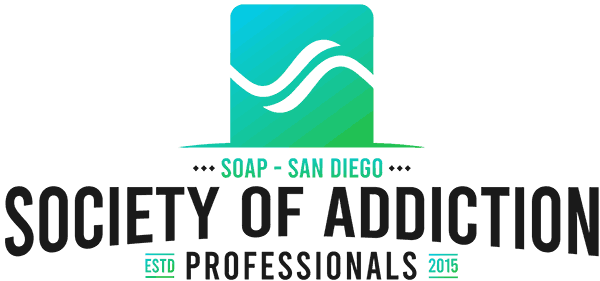When people talk about addiction, they’re usually talking about drugs or substance abuse. Yet there are many ways people find themselves locked in the grip of different addictions.
A big part of addiction is the compulsion or burning desire to use your substance of choice. A compulsion to use means that you are experiencing physical or psychological discomfort. Your mind tells you that you just have to do this thing as soon as humanly possible. You might obsess about how to get more of the high that you’re looking for while justifying this obsession as just wanting a way to kick back and relax.
Once you finally get ahold of the feeling you seek, nothing else matters. You get the relief, and often euphoria, of your substance of choice. Eventually, though, addiction kicks in, and the high is never enough. You end up chasing a feeling that no longer exists, and take some awful risks and suffer painful consequences to try to get that high.
Addictions That Aren’t Alcohol/Drugs
What many people don’t realize is that these same emotional obsessions, compulsions, and euphoria can also be part of a behavior pattern. People can get addicted to all kinds of things in life, not just drugs. If a behavior gets your adrenaline going or activates your pleasure center, there’s a chance you will get caught up in addiction again.
It’s very common for a person to replace one addiction for another. Here are some of the things that people sometimes find themselves addicted to:
- Pornography and sex. (This includes all sexual activity.)
- Eating, binging, purging. (This is often an eating disorder.)
- Thrill-seeking. (Taking dangerous risks like surfing in a storm or racing cars.)
- Exercising, such as running or aerobics. (This can be part of an eating disorder.)
- (Online or in-person.)
- (More likely in the age of COVID-19 where work schedules are kind of fluid.)
- Playing video games. (Very common among young men.)
- Social media. (People will shun real life to stay online due to FOMO – Fear of missing out.)
- (Usually, this will lead to codependency and other toxic behavior.)
Getting Help for Other Addictions
Addiction is addiction. Addiction to behaviors or activities can take over a person’s life in a similar way that drug use can. While you can’t detox from video games, using the principles and tools you’ve learned in recovery can help you cope with other, non-substance cravings in your life. Many of the above addictions have support groups of their own to join based on the 12 steps.
Eating disorders and gambling addictions can be dangerous. Seeking professional help is key to understanding the nature of these disorders and how to change your behavior.
Talk to your sponsor and support network if you’re worried you’ve slipped back into addictive behavior. Many of the coping skills you have used to stay sober from drugs can help you when you have other addictive behaviors. Sometimes you can learn to regulate yourself with outside help. (For example, if you’re addicted to work, you may not have any choice but to continue working for the sake of yourself or your family. At the same time, putting your workplace before all other aspects of your life puts you in danger of turmoil and even relapse.)
About SD-SOAP
The San Diego Society of Addiction Professionals is a coalition of working professionals that works towards enhancing opportunities for education, interdisciplinary problem solving, and access to resources. We want to help people grow and build their best lives going forward in recovery. If you’re interested in joining or learning more about our organization, please contact us at 760.402.5682.

